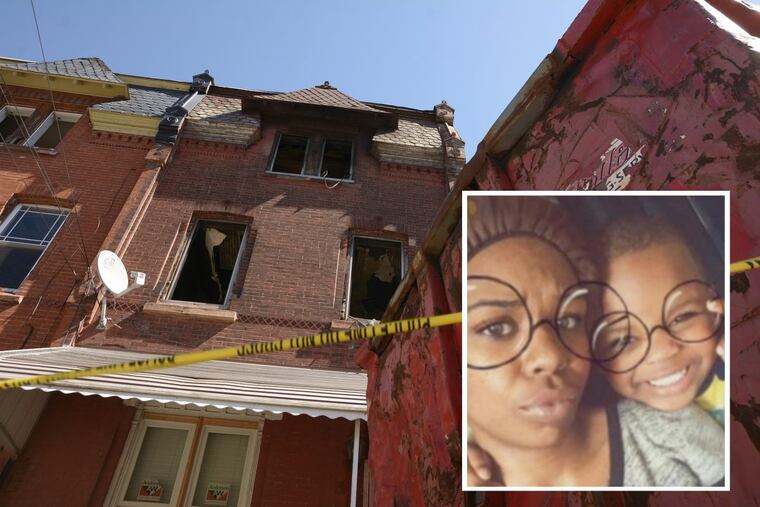Philly needs a strategy to deal with negligent landlords before tragedy strikes | Editorial
After the deadly North Philadelphia fire, L&I inspected other Granite-related properties and cited the owner for numerous violations. That's a good response but you have to wonder if Philadelphia can get ahead of troubling property owners before the inevitable tragedy occurs.

The story is all too familiar. An investor buys property in Philadelphia, and rents it out, paying little attention to building and safety codes. The city cites him for those violations. He ignores the rules — until something awful happens.
The most recent version of this sad story occurred March 20 when fire swept through an illegal boarding home in North Philadelphia, killing a 3-year-old boy, his mother, and grandfather. A fourth tenant jumped to his death and two firefighters were injured when a floor collapsed beneath them. Recently, a relative of the family who perished in the fire filed a civil suit against the owner.
It turns out that the owner, Granite Hill Properties LLC, was cited in 2014 by Philadelphia's Department of Licenses and Inspections for running a boarding home without a license. Granite shut it down, so the city dropped the case. But then Granite got back into business, renting rooms in the three-story rowhouse to about 10 people, without a license and proper smoke alarms.
After the deadly fire, L&I inspected other Granite-related properties and cited the owner for numerous violations.
But shouldn't the city know enough to get ahead of troubling property owners before a tragedy occurs? The city is starting to aggregate data but needs to build more transparency into records related to rental properties.
Take Granite Hill. It traces back to Tyrone Doren, of San Diego, who also owns property here under another company, US Holding LLC. Federal prosecutors in California allege that Doren used stolen money to buy some of the Philadelphia properties. (He faces trial in September on several charges including money laundering, bank fraud, and tax evasion.)
Philadelphia thinks – but it really isn't certain – that Doren owns 31 properties here.
The city should know for sure how many properties a landlord owns and whether there are outstanding violations on the other properties before even granting a new rental license.
Right now, records pertaining to rental properties are siloed. An owner has to disclose his identity on a rental license application for each property but does not have to disclose all holdings. That matters because large landholders sometimes own properties under a variety of names, opaque limited liability corporations or partnerships, concealing the full extent of their holdings.
The city should require landlords to disclose all of their city properties on their applications for rental licenses. If the city knows about all of an owner's holdings, it can determine whether he is responsible or negligent. City Council should tackle the code change necessary to protect constituents, especially those who don't have a lot of affordable housing options, making them easy prey for negligent landlords.
Mayor Kenney's administration is trying new approaches to building cases against irresponsible property owners. Columnist Ronnie Polaneczky reports that the city is bundling violations on big commercial property owners to build a single, expansive case against them.
L&I says it's developing a similar system to go after negligent residential landlords. That's great, but sweeping enforcement would occur only after Philadelphians have suffered through cold winter nights without heat, gotten sick from moldy walls, or, worst case, lost their lives in dangerous properties.